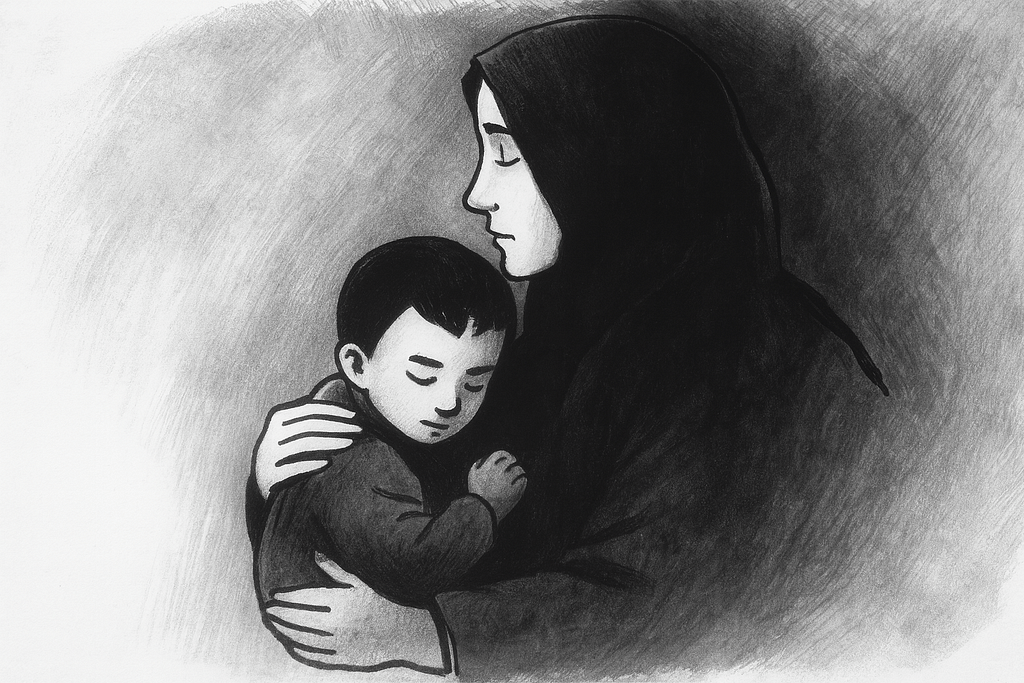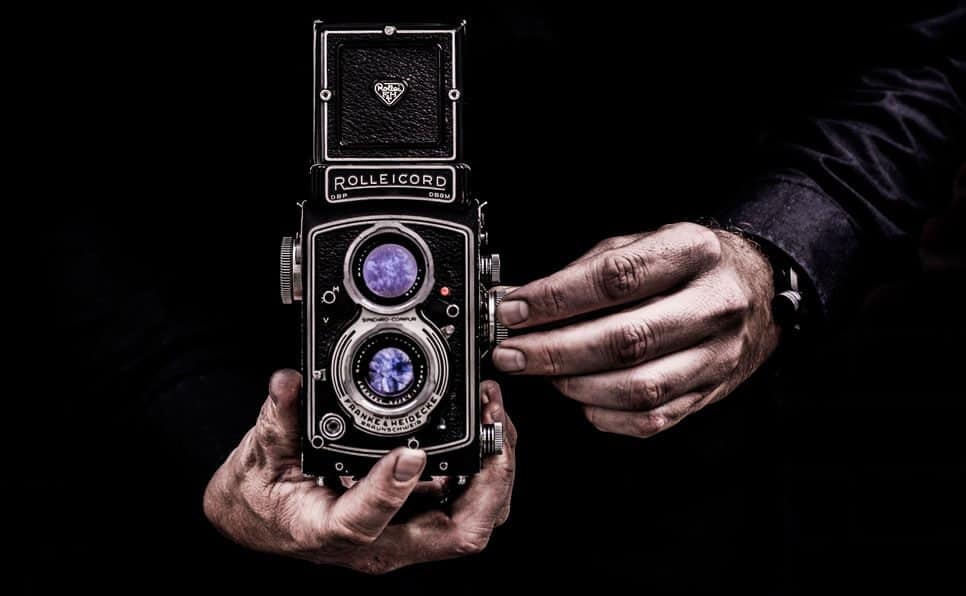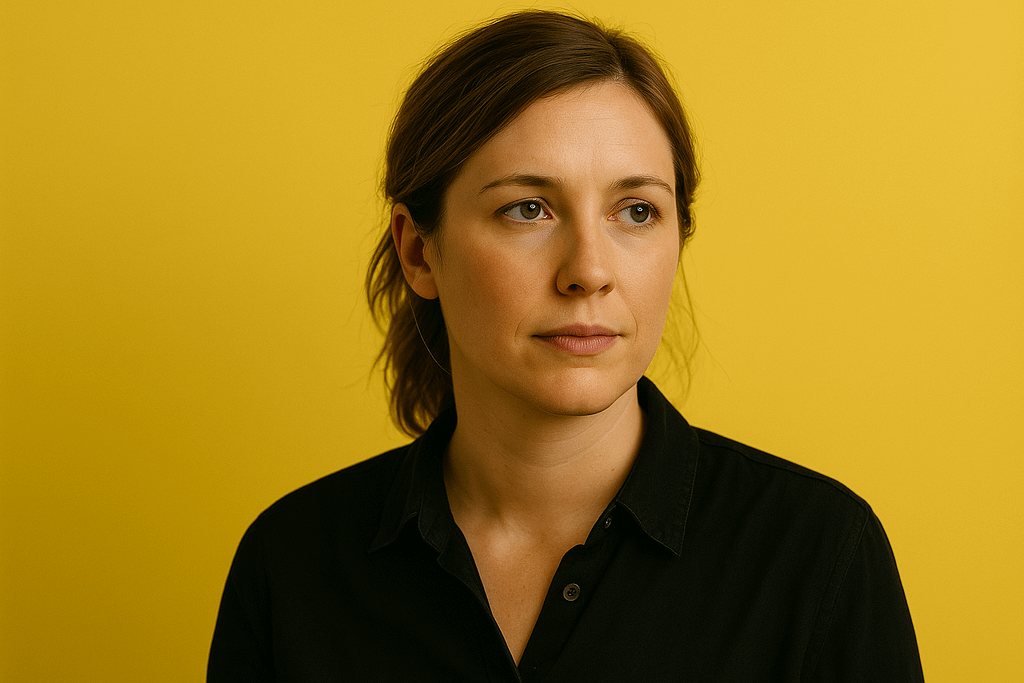It may seem paradoxical that the mindset of primitive humans and that of modern individuals still share similarities, despite thousands of years of separation. This reflection leads us to question the nature of humanity, the role of culture, and the influence of environment in shaping who we are.
Primitive vs. Modern Thinking
The primitive human, though living a simple life, was confined by strict barriers—linguistic, cultural, and religious divisions that limited his worldview. His universe was narrow, bound to his immediate surroundings.
By contrast, the modern individual has broken these boundaries. With science and technology, horizons have expanded, frontiers have dissolved. Yet, ironically, modern man sometimes falls back into a primitive pattern—consuming without creating, existing without contributing.
Geography and Culture: The Mother of Nations
Culture and geography shape human destiny. The state, much like a mother, nurtures and protects its children, enabling them to dream and create. But when the state fails—like a mother ill or absent—her children drift into chaos, wars, hatred, and decline. Without strong governance, ethics erode, knowledge fades, and the next generations inherit nothing but emptiness.
The Youth and Their Desire for Change
Youth represent both frustration and hope. They see a world moving forward with innovation, while many feel trapped in stagnation. Yet youth refuse to surrender; they dream of building a future where they are producers, not mere consumers.
A Call for Reform and Renewal
It is time to rise. Knowledge, ethics, and culture are the tools for healing sick nations. Resources are abundant; what is needed is belief in our ability to change. When young people take on the responsibility of renewal, they become both the doctors and the cure of their homeland.
The Power of Language and Identity
Language is not only a tool of communication but a symbol of culture and identity. Arabic, for instance, is more than words; it is heritage, spirituality, and pride. Preserving language means preserving ourselves and our place among nations.
Final Reflection
To be a good son to your homeland is to heal it, uplift it, and make the world admire it. Happiness of nations is tied to the happiness of their “motherland.” As long as youth carry hope, no nation is truly lost.
“Be a good son to your mother, and the world will honor both of you.”



